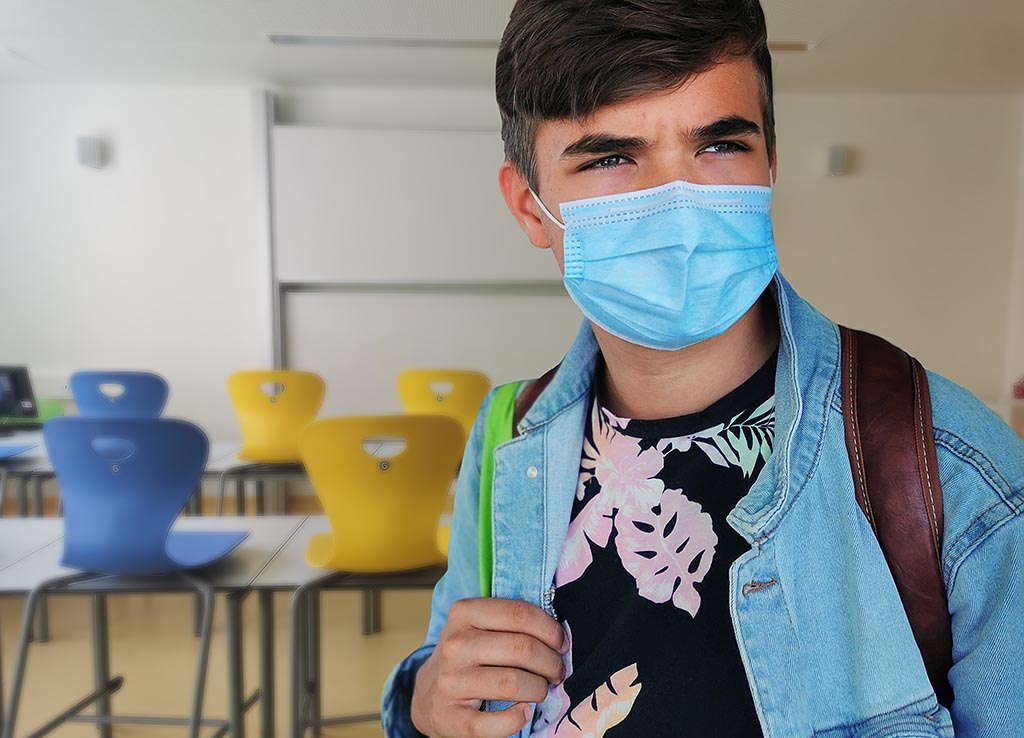By: P.T., STA
School will continue remotely at least until the end of the year given the demanding epidemiological situation. This is to protect the health of teachers as well as children, Education Minister Simona Kustec said on Monday.
Kustec said remote learning was generally going well and without major problems, and in the current circumstances it is the best possible way to ensure the right to education.
When the epidemiological situation improves, the priority will be to open schools, first for children in the first three years of primary school and for special-needs children.
Children with special needs will return to school as soon as experts give the green light. “We don’t have this assessment yet,” she told reporters on the margins of a National Assembly session.
After almost two months of severe restrictions, the government decided to relax some measures starting tomorrow. Schools are not included in the relaxation package.
The president of the Slovenian Headmasters’ Association, Gregor Pečan, told the STA the decision was expected but expressed concern that industries with strong lobbying power might disrupt the course of restriction easing as laid out recently by the government.
He said that some of the easing planned for tomorrow caused confusion and uncertainty among teachers. “If this is only about the ability of individual lobbies to influence, this is unusual, at the very least, while I personally believe it is bad for citizens.”
Even though he supports the efforts of the industrial chambers, Pečan is worried that the scheme of restriction easement will indeed work the way it has been set out. In case of lobbying, Pečan doubts the relevance of declaring the five epidemic stages that lay the foundation to restrict or impose different restrictions.
Commenting on Kustec’s position that remote schooling was going without major issues, Pečan said: “It’s definitely going better than in the first wave”.
There are however still some technical issues, and parents find it harder to help their children because many more are working now than in the spring, he said.
